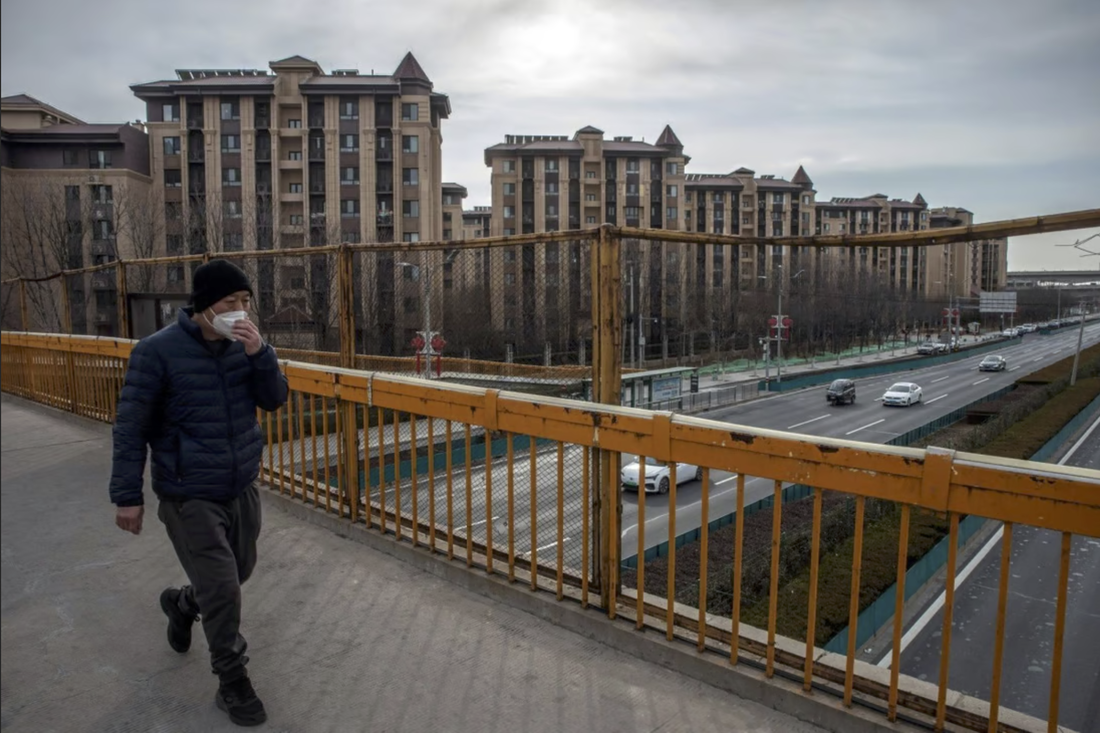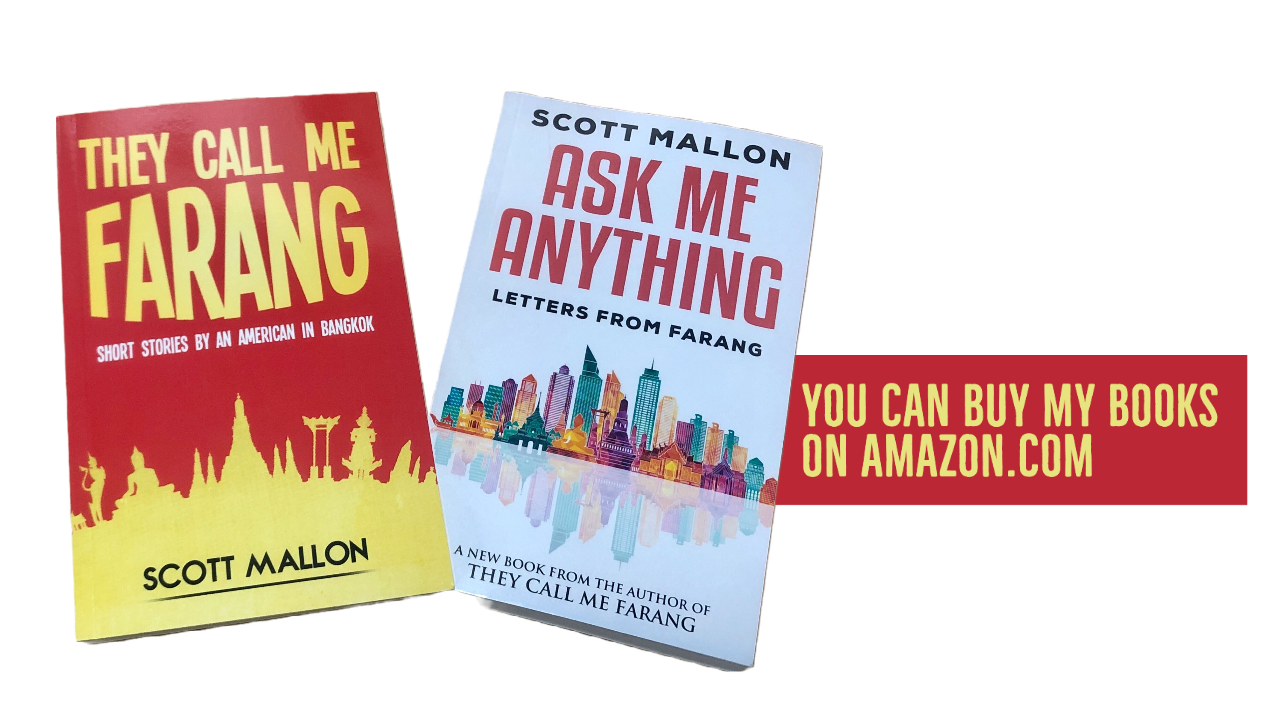Thailand's lower cost of living and more laid-back lifestyle have become a draw for an increasing number of Hong Kong residents looking to relocate, which is fueling the country's property market as foreigners eagerly purchase flats.
David Chan, a 31-year-old real estate agent, made the move to Thailand in 2019 and now assists other Hong Kongers in finding property and settling into Southeast Asia's second-largest economy.
Since the political unrest in Hong Kong and their personal dissatisfaction, Chan has noticed a 30% surge in demand and inquiries from Hong Kong residents interested in moving to Thailand.
This trend is encouraging news for property developers, particularly after a challenging period during the COVID-19 pandemic when sales plummeted and inventory soared. Insiders believe the worst may be over for the sector, as sales are picking up, with one developer even expecting a 50% increase in demand from foreign investors.
Property prices in Thailand are approximately one-quarter of what they are in Hong Kong, making it an attractive option for families with children. Additionally, many Hong Kongers have taken advantage of Thailand's residency programs, which allow them and their families to stay long-term in the country.
These programs include a long-term resident visa scheme launched last year, with the goal of attracting 1 million wealthy investors or talented foreign residents over a five-year period. Successful applicants receive a 10-year, renewable multiple-entry visa, granting them the right to work in Thailand.
Official data reveals that foreign buyers purchased property worth 158.6 billion baht (US$4.59 billion) in 2018 and 2019. However, sales to foreign buyers fell by roughly a third from 2020 to 2022, totaling 160.3 billion baht, according to government data.
David Chan, a 31-year-old real estate agent, made the move to Thailand in 2019 and now assists other Hong Kongers in finding property and settling into Southeast Asia's second-largest economy.
Since the political unrest in Hong Kong and their personal dissatisfaction, Chan has noticed a 30% surge in demand and inquiries from Hong Kong residents interested in moving to Thailand.
This trend is encouraging news for property developers, particularly after a challenging period during the COVID-19 pandemic when sales plummeted and inventory soared. Insiders believe the worst may be over for the sector, as sales are picking up, with one developer even expecting a 50% increase in demand from foreign investors.
Property prices in Thailand are approximately one-quarter of what they are in Hong Kong, making it an attractive option for families with children. Additionally, many Hong Kongers have taken advantage of Thailand's residency programs, which allow them and their families to stay long-term in the country.
These programs include a long-term resident visa scheme launched last year, with the goal of attracting 1 million wealthy investors or talented foreign residents over a five-year period. Successful applicants receive a 10-year, renewable multiple-entry visa, granting them the right to work in Thailand.
Official data reveals that foreign buyers purchased property worth 158.6 billion baht (US$4.59 billion) in 2018 and 2019. However, sales to foreign buyers fell by roughly a third from 2020 to 2022, totaling 160.3 billion baht, according to government data.
Before the pandemic, foreign buyers accounted for about a quarter of overall property sales in Thailand. However, this figure dropped to 5% during the crisis. Hong Kong-based buyers have consistently been the top foreign investors over the past five years, representing about a third of the total foreign demand, according to government figures.
Thailand's property market was already facing challenges before the pandemic hit. Inventory of flats and landed houses in Bangkok surged by 28% in four years, reaching 176,000 units in 2019, according to property consultancy Savills.
To combat reduced demand from overseas buyers due to closed borders in 2020, developers had to find ways to reduce their inventory. Some offered substantial discounts, threw in freebies such as hotel stays, and waived transfer fees to stimulate sales.
However, the tide appears to be turning. In the first quarter of 2023, sales of new units increased by 13.5% compared to the previous quarter, and developers sold 42.3% (3,025 units) out of a total supply of 7,148 units, according to Christine Li, head of research for Asia-Pacific at property consultancy Knight Frank.
The second quarter is expected to see around 10,000 new flats available, with stable price growth and sales rates, according to Li.
Dusit International is one of the developers actively targeting foreign buyers. Its Dusit Central Park, a mixed-development project in Bangkok's central business district, offers 406 residential units on land that previously housed the Dusit Thani Hotel, providing stunning views of Lumpini Park.
The company hopes to attract more buyers from Hong Kong and China, although they currently represent a minor share of investors. Recent developments in Thailand, such as interest rate increases and political uncertainties, could pose risks to the property market's recovery.
Nevertheless, developers remain optimistic, given the attractive value for money and quality offerings in Thailand compared to Hong Kong. With the increasing interest from Hong Kongers and the support of easing measures by local governments, the property market in Thailand is poised for growth.
Thailand's property market was already facing challenges before the pandemic hit. Inventory of flats and landed houses in Bangkok surged by 28% in four years, reaching 176,000 units in 2019, according to property consultancy Savills.
To combat reduced demand from overseas buyers due to closed borders in 2020, developers had to find ways to reduce their inventory. Some offered substantial discounts, threw in freebies such as hotel stays, and waived transfer fees to stimulate sales.
However, the tide appears to be turning. In the first quarter of 2023, sales of new units increased by 13.5% compared to the previous quarter, and developers sold 42.3% (3,025 units) out of a total supply of 7,148 units, according to Christine Li, head of research for Asia-Pacific at property consultancy Knight Frank.
The second quarter is expected to see around 10,000 new flats available, with stable price growth and sales rates, according to Li.
Dusit International is one of the developers actively targeting foreign buyers. Its Dusit Central Park, a mixed-development project in Bangkok's central business district, offers 406 residential units on land that previously housed the Dusit Thani Hotel, providing stunning views of Lumpini Park.
The company hopes to attract more buyers from Hong Kong and China, although they currently represent a minor share of investors. Recent developments in Thailand, such as interest rate increases and political uncertainties, could pose risks to the property market's recovery.
Nevertheless, developers remain optimistic, given the attractive value for money and quality offerings in Thailand compared to Hong Kong. With the increasing interest from Hong Kongers and the support of easing measures by local governments, the property market in Thailand is poised for growth.





